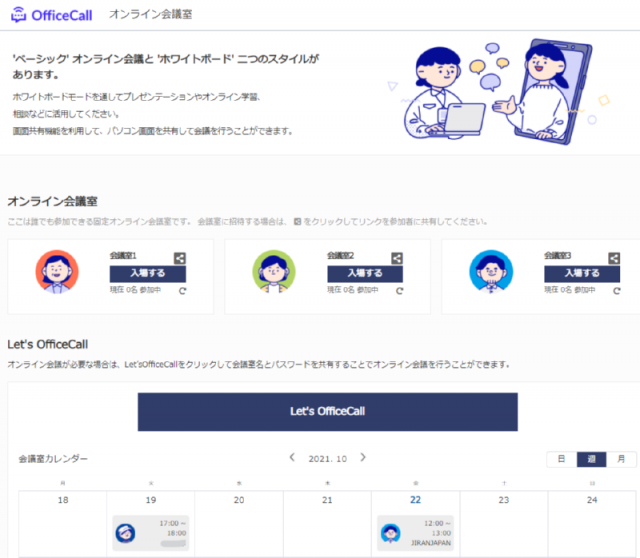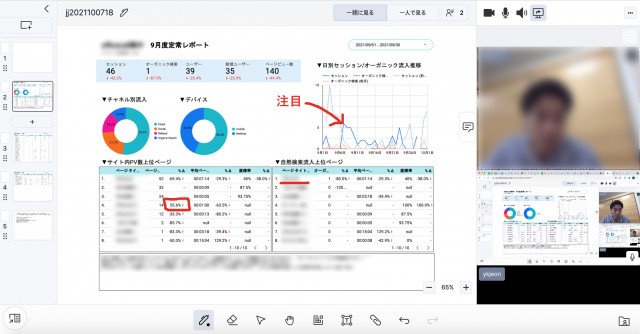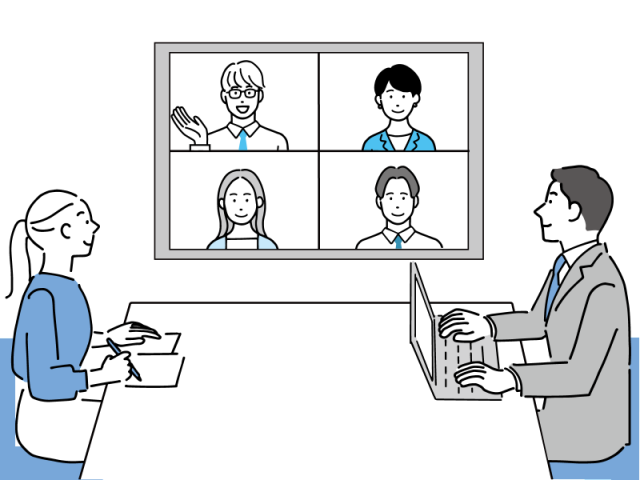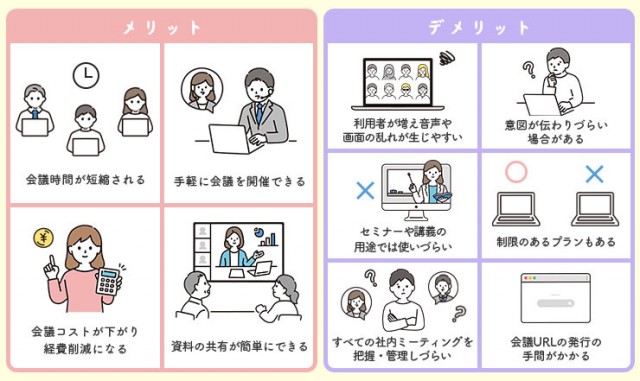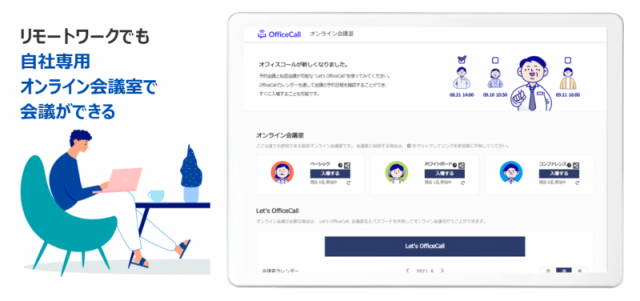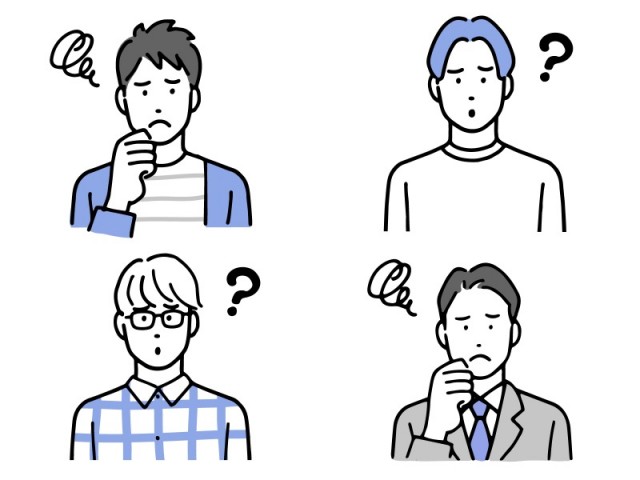Why Personal Injury Claim Is Your Next Big Obsession
ページ情報
照会 2回
作成日: 24-05-05 14:53
본문
What is a Personal Injury Lawsuit?
It is not easy to get back to normal following a serious accident or injury. Medical bills accumulate, you miss work and you're in a lot of pain.
If you've been involved injured in an accident, it's crucial to know your rights. A calabasas personal injury law firm injury lawsuit can aid you in recovering financial compensation for your losses.
What is a lawsuit?
A personal injury lawsuit grants an injured person the right to seek compensation for any damages caused due to the negligence of a third party. If you've been injured during an accident, and the negligent actions of another party caused your injuries, you may be eligible to receive financial compensation from them for medical costs or lost earnings, as well as other expenses.
Although a lawsuit can be lengthy, it's possible to settle a lot of personal injury cases without filing one. The settlement process involves negotiations with the other party's liability insurance company as well as lawyers.
If you're considering suing over an injury, call the experienced lawyers at Jaghab, Jaghab & Jaghab, PC to discuss your legal options. During your no-cost consultation, we will help you determine if you have a valid claim. We'll also let you know the amount of compensation you could be entitled to.
The first step is gathering evidence to support your claim. This could include footage of the incident witness statements, a doctor's report or any other evidence to back your claim.
Once we have all the evidence to support your claim we can begin a lawsuit against those responsible. The attorney representing the plaintiff will use this evidence to prove the defendant was negligent in their actions.
The proof of negligence is essential to winning a stoughton personal injury lawsuit injury lawsuit. Your lawyer will create a chain of causation in order to establish how the negligent behavior of the defendant directly contributed to your injuries.
Your attorney will then present your case to a jury or judge who will decide if the defendant was accountable for your damages. If the jury finds that the defendant was liable, they'll decide how much amount of money they will award you for your losses.
A galax personal injury law firm injury lawsuit may award you non-economic damages. They are not only financial losses such as medical bills or lost earnings. This could include physical pain, mental anguish, disability, disfigurement and much more.
The amount of damages you'll be awarded in an injury lawsuit is contingent on the particular facts of your case and will vary from state states. Some states also offer punitive damages for victims of injuries. These damages are designed to penalize the defendants for their behavior. They are only awarded if they've caused serious harm to you.
Who is involved in a lawsuit?
A personal injury lawsuit is filed against the company or person who caused injury in the course of a car crash, slip and fall at work, or other type of injury. These cases may be filed by a plaintiff seeking to recover for medical expenses, lost wages, or property damage.
In California, a plaintiff who is seeking damages can sue anyone that caused the harm, whether that's a business, [empty] government institution or individual. However the plaintiff must show that the defendant was liable for the damages they sustained.
The legal team of a plaintiff needs to investigate the accident in order to gather evidence to support their claim. This involves the collection of any incident or police report, witness statements , and taking photographs of the scene and the damage.
The plaintiff also needs to collect any medical bills, pay stubs, or other proof of their losses. This is a complex and costly procedure, so it is best that you seek out the assistance of an experienced attorney who will represent you in the court.
Another crucial aspect of the lawsuit is naming the right parties as defendants in your case. A defendant could be a business or individual that caused the injury in certain cases. In other situations the defendant may not have been involved at all.
If you are suing a business, it is important to be aware of their full legal name and [Redirect-Java] address to be able to include them as defendants in your case. Before filing your lawsuit, you should consult an attorney if you are unsure about the legal name.
It is important to inform your insurance provider of the claim and inquire if any of your policies will be able to cover any damages awarded. Most policies will offer coverage for claims that are valid. claim.
Despite the potential for problems, a lawsuit is usually a necessity in settling disputes. Although it can be frustrating and lengthy, it can help you get the compensation you are entitled to for your injuries.
What is the process of a lawsuit?
You may make a claim against anyone who you believe has caused you injury. In general, a lawsuit begins with a complaint filed in a court that states the facts of the case and the amount of money or other "equitable remedy" you wish to be granted to you.
The process of filing personal injury lawsuits can be lengthy and challenging. In certain cases the settlement may be reached outside of court. In other cases, a jury trial will be required.
Usually, a lawsuit begins when the plaintiff files a complaint in a court and sends it to the defendant. The complaint must detail the plaintiff's injuries and the defendant's actions that led to the plaintiff's injuries.
After a lawsuit is filed, both parties are given a certain amount of time to respond. Following this time the court will decide what evidence is needed in order to decide the case.
When a suit is set to go to trial A judge will conduct an initial hearing to listen to arguments from both sides. After both sides have made their arguments and arguments, a judge will hold an initial hearing to decide the case.
The jury will then consider and decide whether or not to award damages to plaintiff. Based on the circumstances the trial could be as short as a few days to several weeks.
After a trial, either party can appeal the decision to an upper court. These courts are referred to as "appellate courts." They are not required to hold a fresh trial, however, they are able to examine the record and decide whether the lower court committed an error of law or procedure that warrants an appeals review.
The majority of civil cases are settled prior to ever getting to trial. In the majority of cases, this is due to the fact that insurance companies have very significant financial incentives to settle cases out of court rather than risk the possibility of an action.
If the insurance company doesn't accept an offer of settlement or a settlement offer, it's worth filing an action against the court. This is especially true in the case of car accidents, where it can be a major issue for the injured to secure the funds they need to pay the medical bills.
What are my rights in a court case?
Talking with a New York personal injury lawyer is the best way to get information about your legal options. He or she will carefully listen to your story and provide guidance if necessary. An experienced attorney will provide you with the facts and figures related to your case, including information about the other parties involved.
Using the most up to recent information regarding your case Your lawyer can decide the most appropriate strategy for your unique case. This includes assessing the strengths and weaknesses of the other parties' case, as considering the likelihood that your claim will be granted in the first place. Your legal team will review all medical and financial data that you need to provide in order for you to get the best possible outcome.
It is recommended to consult a legal professional regarding the best time to start your case. This is a crucial choice that can impact the amount you receive at the end. Generally, the time frame will vary based on the specifics of your case. There are no set rules, but a reasonable estimate should be within three to six months from the initial consultation.
It is not easy to get back to normal following a serious accident or injury. Medical bills accumulate, you miss work and you're in a lot of pain.
If you've been involved injured in an accident, it's crucial to know your rights. A calabasas personal injury law firm injury lawsuit can aid you in recovering financial compensation for your losses.
What is a lawsuit?
A personal injury lawsuit grants an injured person the right to seek compensation for any damages caused due to the negligence of a third party. If you've been injured during an accident, and the negligent actions of another party caused your injuries, you may be eligible to receive financial compensation from them for medical costs or lost earnings, as well as other expenses.
Although a lawsuit can be lengthy, it's possible to settle a lot of personal injury cases without filing one. The settlement process involves negotiations with the other party's liability insurance company as well as lawyers.
If you're considering suing over an injury, call the experienced lawyers at Jaghab, Jaghab & Jaghab, PC to discuss your legal options. During your no-cost consultation, we will help you determine if you have a valid claim. We'll also let you know the amount of compensation you could be entitled to.
The first step is gathering evidence to support your claim. This could include footage of the incident witness statements, a doctor's report or any other evidence to back your claim.
Once we have all the evidence to support your claim we can begin a lawsuit against those responsible. The attorney representing the plaintiff will use this evidence to prove the defendant was negligent in their actions.
The proof of negligence is essential to winning a stoughton personal injury lawsuit injury lawsuit. Your lawyer will create a chain of causation in order to establish how the negligent behavior of the defendant directly contributed to your injuries.
Your attorney will then present your case to a jury or judge who will decide if the defendant was accountable for your damages. If the jury finds that the defendant was liable, they'll decide how much amount of money they will award you for your losses.
A galax personal injury law firm injury lawsuit may award you non-economic damages. They are not only financial losses such as medical bills or lost earnings. This could include physical pain, mental anguish, disability, disfigurement and much more.
The amount of damages you'll be awarded in an injury lawsuit is contingent on the particular facts of your case and will vary from state states. Some states also offer punitive damages for victims of injuries. These damages are designed to penalize the defendants for their behavior. They are only awarded if they've caused serious harm to you.
Who is involved in a lawsuit?
A personal injury lawsuit is filed against the company or person who caused injury in the course of a car crash, slip and fall at work, or other type of injury. These cases may be filed by a plaintiff seeking to recover for medical expenses, lost wages, or property damage.
In California, a plaintiff who is seeking damages can sue anyone that caused the harm, whether that's a business, [empty] government institution or individual. However the plaintiff must show that the defendant was liable for the damages they sustained.
The legal team of a plaintiff needs to investigate the accident in order to gather evidence to support their claim. This involves the collection of any incident or police report, witness statements , and taking photographs of the scene and the damage.
The plaintiff also needs to collect any medical bills, pay stubs, or other proof of their losses. This is a complex and costly procedure, so it is best that you seek out the assistance of an experienced attorney who will represent you in the court.
Another crucial aspect of the lawsuit is naming the right parties as defendants in your case. A defendant could be a business or individual that caused the injury in certain cases. In other situations the defendant may not have been involved at all.
If you are suing a business, it is important to be aware of their full legal name and [Redirect-Java] address to be able to include them as defendants in your case. Before filing your lawsuit, you should consult an attorney if you are unsure about the legal name.
It is important to inform your insurance provider of the claim and inquire if any of your policies will be able to cover any damages awarded. Most policies will offer coverage for claims that are valid. claim.
Despite the potential for problems, a lawsuit is usually a necessity in settling disputes. Although it can be frustrating and lengthy, it can help you get the compensation you are entitled to for your injuries.
What is the process of a lawsuit?
You may make a claim against anyone who you believe has caused you injury. In general, a lawsuit begins with a complaint filed in a court that states the facts of the case and the amount of money or other "equitable remedy" you wish to be granted to you.
The process of filing personal injury lawsuits can be lengthy and challenging. In certain cases the settlement may be reached outside of court. In other cases, a jury trial will be required.
Usually, a lawsuit begins when the plaintiff files a complaint in a court and sends it to the defendant. The complaint must detail the plaintiff's injuries and the defendant's actions that led to the plaintiff's injuries.
After a lawsuit is filed, both parties are given a certain amount of time to respond. Following this time the court will decide what evidence is needed in order to decide the case.
When a suit is set to go to trial A judge will conduct an initial hearing to listen to arguments from both sides. After both sides have made their arguments and arguments, a judge will hold an initial hearing to decide the case.
The jury will then consider and decide whether or not to award damages to plaintiff. Based on the circumstances the trial could be as short as a few days to several weeks.
After a trial, either party can appeal the decision to an upper court. These courts are referred to as "appellate courts." They are not required to hold a fresh trial, however, they are able to examine the record and decide whether the lower court committed an error of law or procedure that warrants an appeals review.
The majority of civil cases are settled prior to ever getting to trial. In the majority of cases, this is due to the fact that insurance companies have very significant financial incentives to settle cases out of court rather than risk the possibility of an action.
If the insurance company doesn't accept an offer of settlement or a settlement offer, it's worth filing an action against the court. This is especially true in the case of car accidents, where it can be a major issue for the injured to secure the funds they need to pay the medical bills.
What are my rights in a court case?
Talking with a New York personal injury lawyer is the best way to get information about your legal options. He or she will carefully listen to your story and provide guidance if necessary. An experienced attorney will provide you with the facts and figures related to your case, including information about the other parties involved.
Using the most up to recent information regarding your case Your lawyer can decide the most appropriate strategy for your unique case. This includes assessing the strengths and weaknesses of the other parties' case, as considering the likelihood that your claim will be granted in the first place. Your legal team will review all medical and financial data that you need to provide in order for you to get the best possible outcome.
It is recommended to consult a legal professional regarding the best time to start your case. This is a crucial choice that can impact the amount you receive at the end. Generally, the time frame will vary based on the specifics of your case. There are no set rules, but a reasonable estimate should be within three to six months from the initial consultation.
